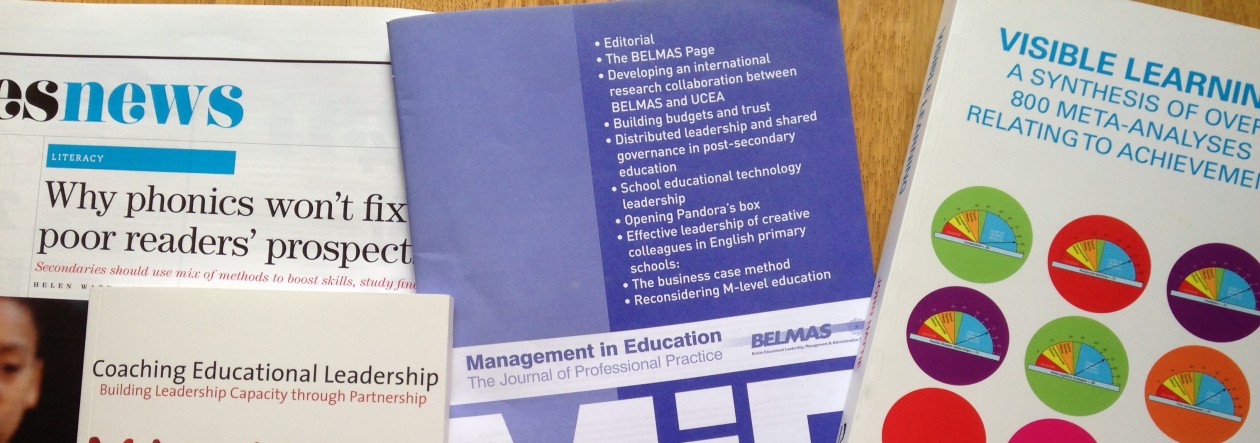 This DfE report points out ten key areas that are found in these schools. It is not a list of strategies, but more an identification of important approaches.
This DfE report points out ten key areas that are found in these schools. It is not a list of strategies, but more an identification of important approaches.
The case studies range across different types of schools.
The ten areas:
- Policies and Practice
- Structures
- General Behaviour Management
- Practices and Approaches
- Positive Praise and Rewards
- Managing Disruptive Behaviour and Sanctions
- Special Educational Needs and Disabilities (SEND)
- Data
- Parents and Other Agencies
- Culture and Ethos Consistency
The report is keen to point out that these are about the overall approach to behaviour management, not specific strategies. In fact not all schools were using the same strategies in the same way.
Senior leaders were clear that any strategies employed had to be adapted to fit the school, teachers and local population.
Strategies needed to be reviewed, refined and updated over time.
Common across schools was the overarching approach to behaviour management: balancing positive reinforcement and modelling of good behaviours for learning with clearly communicated approaches for dealing with poorer behaviour.
There was a supportive culture and ethos within the school, led by senior leaders and underpinned by high quality class teaching.
They all had a curriculum tailored to the needs of the school context.
Look at the case studies in the full report here
There are some very useful examples. Well worth reading.

You must be logged in to post a comment.